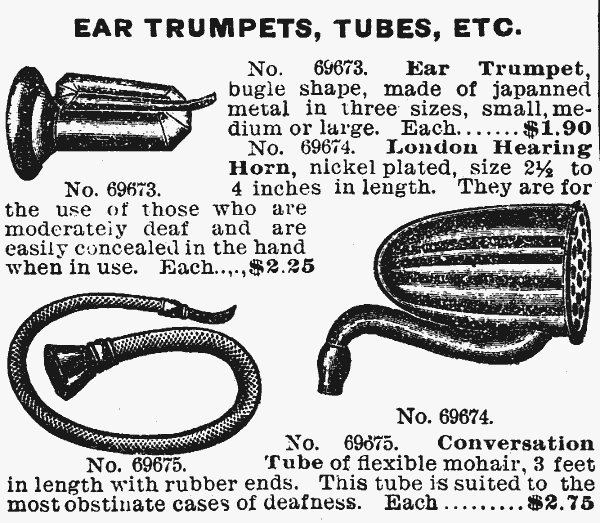
In short, we expect novels to put forward certain hypotheses that might tell us what’s what. Do we have anything in common with them? Are they anything like us? We are seeking a shared communal order, each of us a stitch in a piece of knitted fabric. Our own experience is too small, our beings too helpless, to make sense of the complexity and enormity of the universe we desire to see life up close, to get a glimpse of the existences of others. To my mind, the second quality, wild metaphysics, touches on a very serious question: Why do we read novels in the first place? Inevitably among the many true responses will be: We read novels to gain a broader perspective on everything that happens to people on Earth.

Books of this sort have no theses, but they arouse questions that would not have occurred to us otherwise. This interpretive process is a source of great intellectual pleasure, and it also acts as a friendly nudge toward further prospecting. They grant us wonderful space for making our own surmises, for seeking associations, for thinking and interpreting. Open-ended books intentionally leave themes and ideas unrestricted, rendering them a little blurred. There are two qualities in fiction that I find particularly astonishing and moving: open-endedness and wild metaphysics. But the anarchic tone and perverse nature of this little book made a powerful impression, one that has never left me. I was wholly unaware, for instance, that Carrington had been a painter, that she spent most of her life as an expat in Mexico, and that in her youth she had been in a relationship with Max Ernst, one of the greatest surrealists.

The first time I read Leonora Carrington’s The Hearing Trumpet, I knew nothing about its author, so I had the incredible experience of coming to this short novel in a state of innocence.


 0 kommentar(er)
0 kommentar(er)
